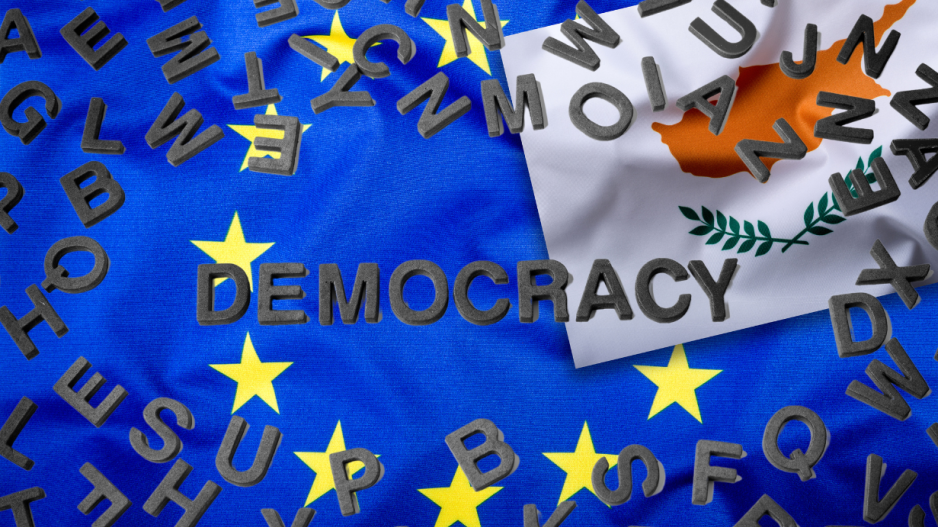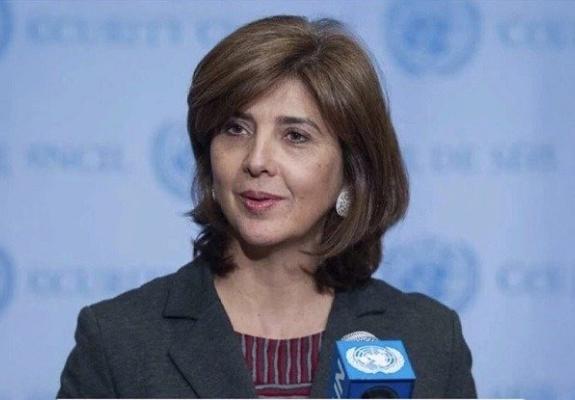Safeguarding European Democracy: The EU's Defence of Democracy Initiative
Amidst Qatargate, the ongoing Ukraine-Russia conflict, and persistent tensions between the West and China, the European Union (EU) has become increasingly determined to safeguard its democratic system and sovereignty from any kind of foreign government influence. This urgency has been further fueled by the actions of certain EU Member States, exemplified by the challenges posed by Viktor Orban's Hungary, which, influenced by Russia, has become a challenge to the European decision-making process regarding measures against Russia.
In a bid to fortify the European Union's democratic resilience and shield it from external interference, the European Commission announced that it will propose a strategic plan, the " Defence of Democracy” package. However, the unveiling of this highly anticipated initiative has been delayed, stirring further speculation and controversy surrounding its contents and potential implications. The decision to delay the unveiling of the initiative underscores the complexity and sensitivity of the issue at hand.
In terms of what we know, the package contains a set of legislative actions and seeks to address nefarious foreign influence and bolster resilience within societies by encouraging inclusive engagement and participation in democratic processes. Its primary goal is to increase transparency and shed light on financial flows from "third countries" that aim to influence decision-making processes in Europe.
More specifically, at the heart of the initiative is the requirement for entities and individuals providing interest representation services on behalf of foreign governments to disclose basic information to national public registers. This encompasses a wide range of actors, including lobbying and public relations companies, consultants, think tanks, private research institutes, media organizations, and civil society groups. The initiative aims to track the inflow of foreign money into the European Union by following the money trail and halting threats posed by authoritarian regimes, exploiting media and think tanks to spread propaganda, and using proxies.
Critics have already raised concerns that the current endeavour to mitigate foreign interference might unintentionally hinder the operations of legitimate NGOs across Europe. It is, therefore, perceived of utmost importance for Europe to strike the right balance, allowing civil society and transparent corporate consultancies providing essential "lobbying" services to continue to operate effectively. These entities play a crucial role in ensuring that legislation maintains proportionality, functionality, upholds democratic principles and fosters political integrity.
While the concept of tracking foreign interference is not new, as some Member States already maintain registers, the challenge lies in harmonizing the registration process across the EU. The European Commission seeks to ensure consistency among Member States and establish common criteria to prevent any dilution or elevation of the registration requirements.
Hence, the EU’s intention is to create a transparency tool rather than a mechanism to impede messages or activities. It does not impose criminal penalties, excessively high sanctions, or stigmatize civil society organizations. Its purpose is to enhance transparency and accountability, safeguarding European democratic processes against undue foreign government influence.
Cyprus has found itself in a “storm” of adverse media coverage over the past years due to its controversial passport program, which granted numerous individuals Cypriot citizenship, and consequently an EU passport. Recently, based on reports, the Commissioner for Justice referred to the progress of the infringement procedure on golden passports, noting that out of the three Member States on which the Commission focused, Bulgaria has completely stopped the relevant programmes and therefore the procedure is closed, Malta continues the programme and therefore has been referred to the EU Court of Justice, and Cyprus remains somewhere in the middle.
Notably, while the new government in Cyprus is still in its early stages, it has demonstrated a level of willingness to address the country's unfavourable reputation within the European Union and on the international stage. This resolve was notably showcased through the government's handling of the recently sanctioned individuals referred to as "oligarch enablers" by the United States and the United Kingdom. It is worth noting that this matter is accompanied by numerous legal complexities, where the politics at play and reality could in the end be very different. There is even a strong possibility that certain individuals may have been wrongly included in the sanctions list. However, this is a separate issue of legalistic nature. What is interesting, is that the approach taken by the Government has resonated positively, highlighting Cyprus' readiness to engage in collaborative efforts on the international stage.
The passing of the national lobbying Act in the Cypriot Parliament has set the stage for positive change, but it is the EU’s package that could hold the key to further progress. This package could present a unique opportunity to address the unaccountable and opaque influence that certain entities or foreign actors enjoy, creating a more democratic, transparent, and accountable system. If the right balance is met, it could empower NGOs to advance their missions successfully, while also enabling local companies, which often have unique insights and expertise, to participate through transparent lobbying in shaping the national policy direction. This would also foster the emergence of a vibrant market for public policy services and give all companies a platform to shape positive social, economic, political, and environmental outcomes for the country.






